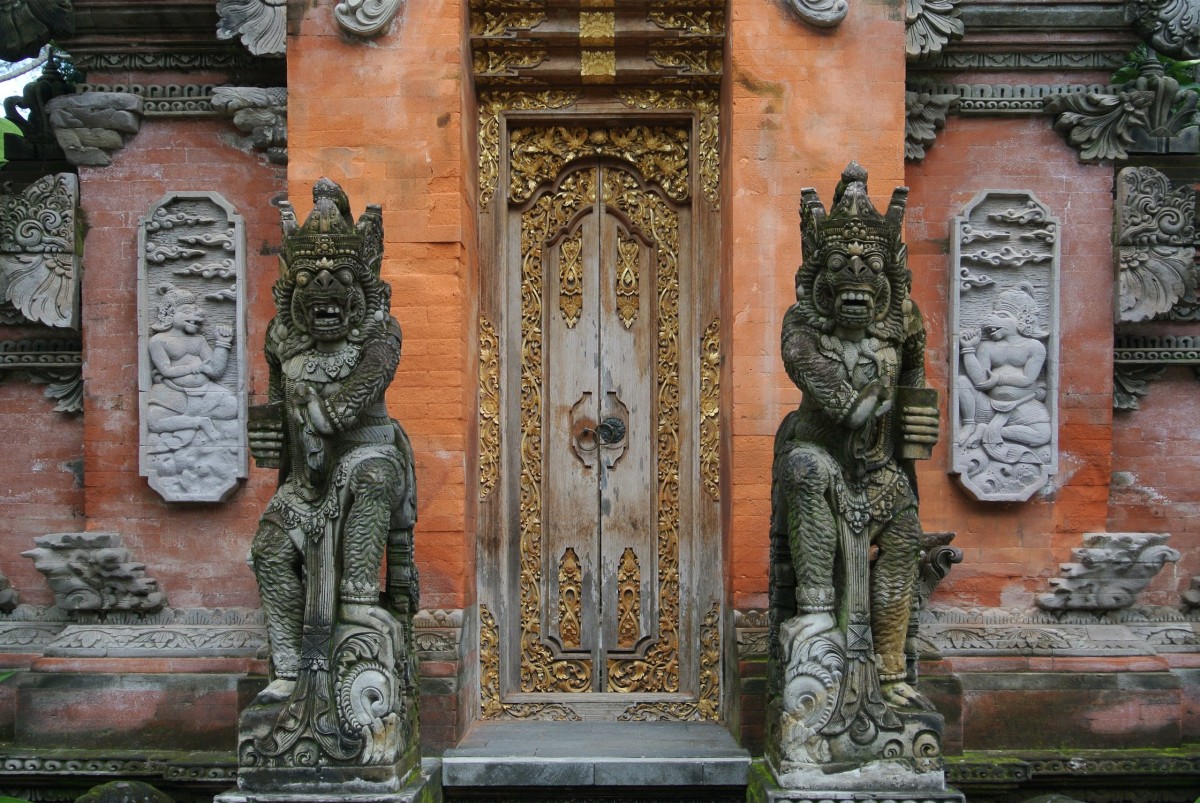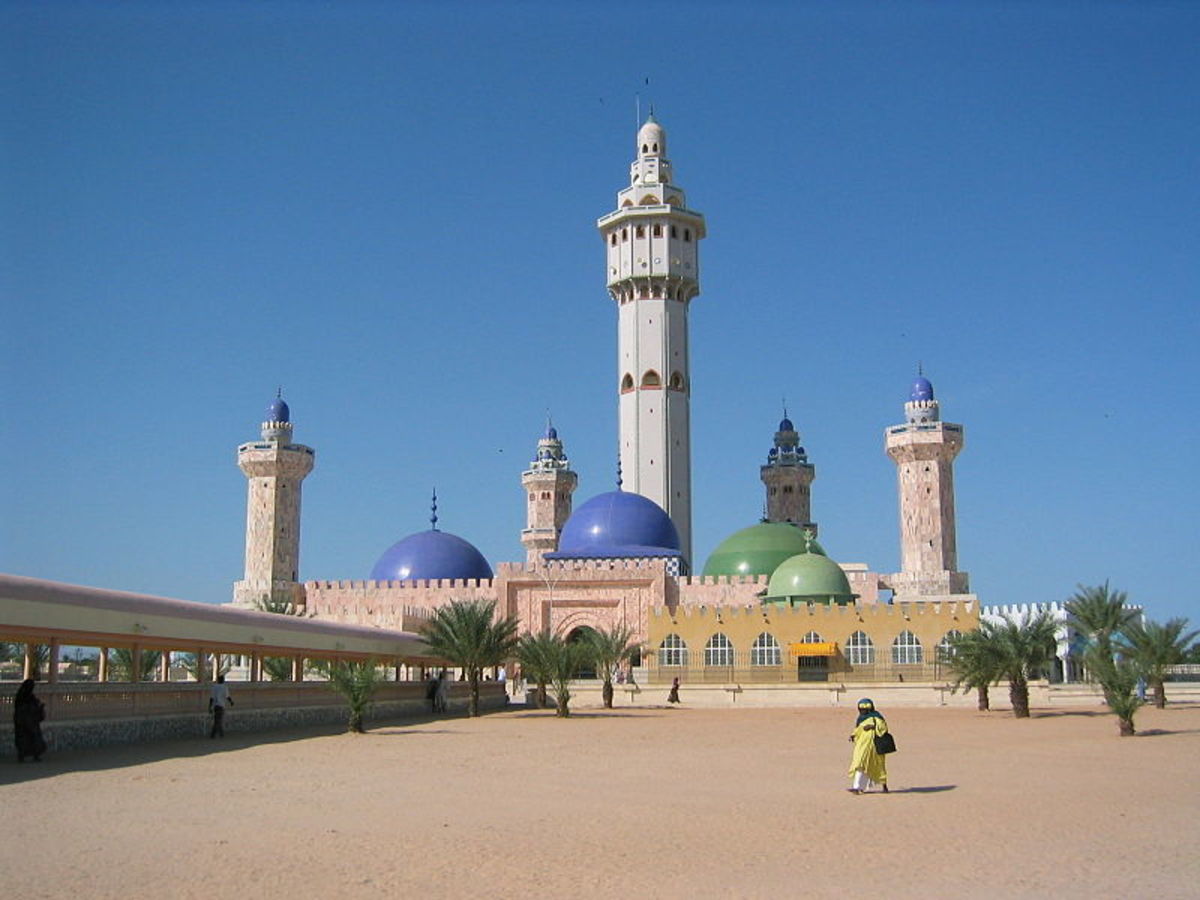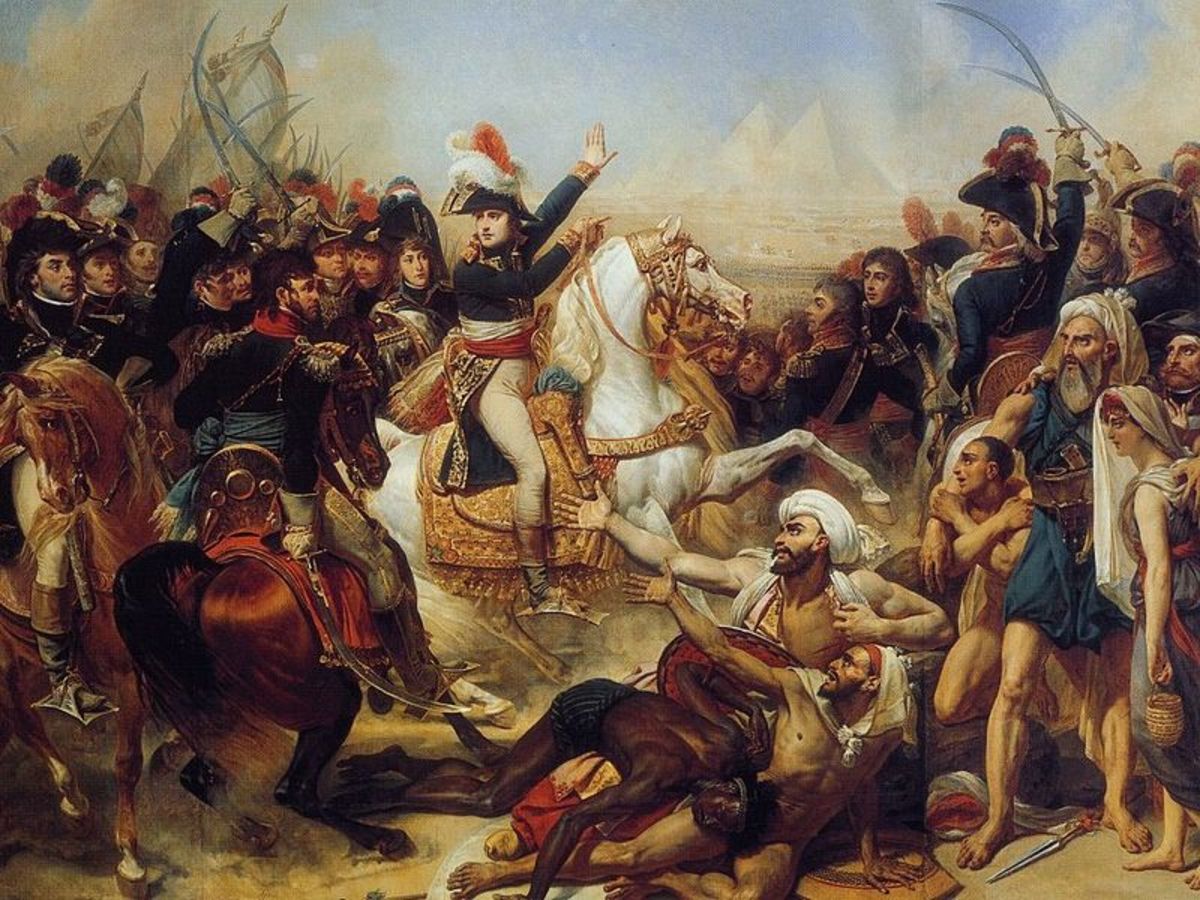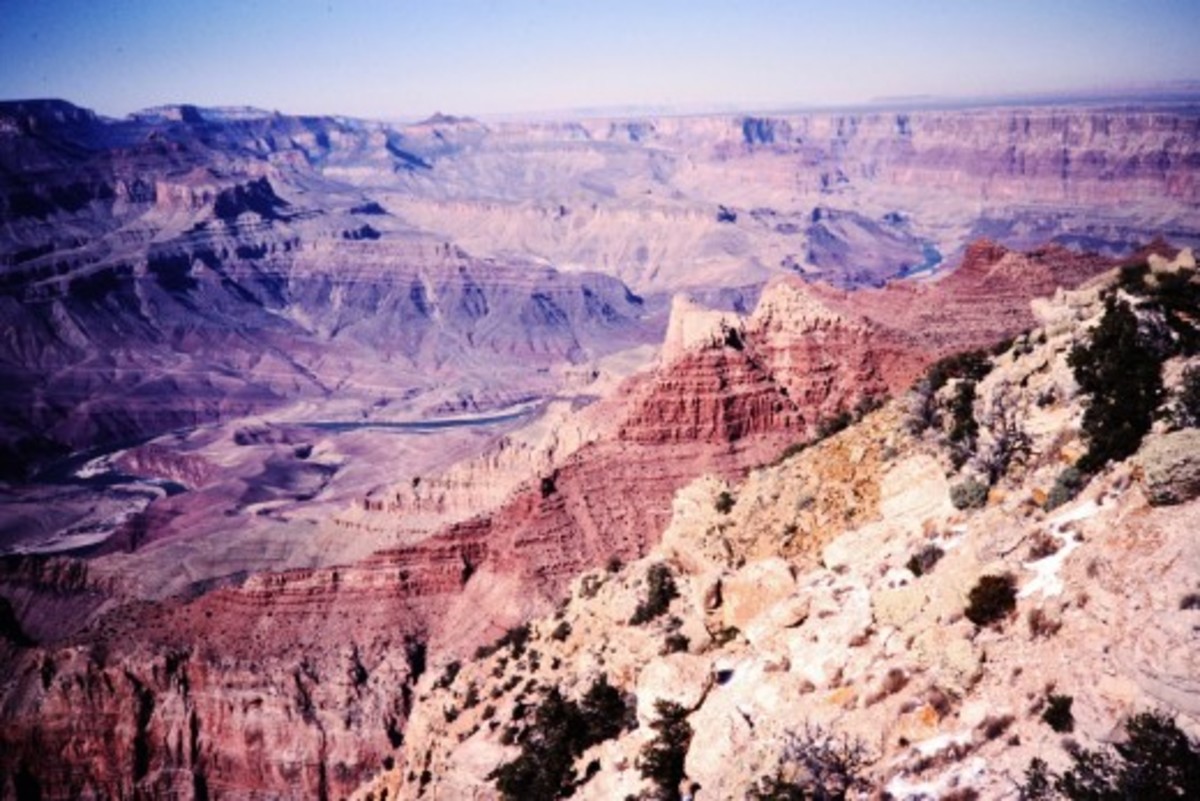Egypt: Physical, Islamic Cultural, and Political Geography
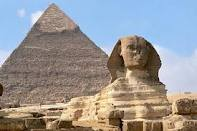
"Egypt, despite troubling social, economic, and environmental problems, is industrializing and plays an influential role in global affairs" (Pulsipher and Pulsipher, 2010). This country has had a lot of hardships; however, it is predicted to continue improving as it grows as a whole into the future. Egypt has benefited from its physical, Islamic cultural, and political geography without any impact from the Christian religion.
Physical Geography
"Egypt is the most populous country in the Arab world and the second-most populous on the African continent." In fact, their population is about "80 million people." Due to the climate zone being classified as a desert, most of the country's population live in very few spots that are not desert like terrain. Those places are near the Nile River, the Red Sea, and the Mediterranean Sea. Even though Egypt has the area of "1,001,450 sq. km. (386,000 sq. mi.)," which is "approximately equal to [the size of] Texas and New Mexico combined," most of Egypt's population is crammed into two main cities Cairo and Alexandria ("Background note: Egypt," 2012). Very few Egyptians live in the open desert areas where there is limited and/or no access to water.
"There are about eighty pyramids known today from ancient Egypt." The famous ancient Great Pyramid is in Giza, Egypt; however, the pyramids can be found all over this country. This pyramid consists of the three biggest pyramids found in Egypt. All of the pyramids were built with "sloping sides so that the dead pharaoh could symbolically climb to the sky and live forever" ("Pyramids," 1999). Egypt is well known for their unique pyramid landforms. In fact, the pyramids attract tourist from all around the world because of their unique design and historical background as to why they were created.
Cultural Geography
Agriculture is a major part of the Egyptian culture. Due to the warm climate, crops can be grown all year round, unlike many other countries that have diverse climates. "Cotton, rice, wheat, corn, sugar beets, onions, and beans are the principal crops" in Egypt and are a major part of their economy ("Background note: Egypt," 2012).
The Islam is the main religion practiced by "94%" of the Egyptian population. Due to the Islam's "religious hierarchy, the family is the most important institution" in Egypt. The Muslim families function like the patriarchal family system. A typical Muslim household will have the father in charge of everyone within the family household. Unfortunately, women do not have as many rights as men in an Islamic society. In some places women are required to stay at home and to not go out in the public unless they have a male with them. This concept is known as "female seclusion" (Pulsipher and Pulsipher, 2010). However, Egypt is one of few countries where their women practice seclusion differently. Rural women are less likely to strongly practice seclusion because they have many daily tasks to perform in public. Although, some urban women that are educated are less likely to practice seclusion. Unlike many Islamic societies, Egypt allows women to hold professional jobs and wear their own choice of clothing; however, most working women continue to wear at least a veil.
Political Geography
Egypt has a republican government in which holds elected positions for office. They have a President, Vice President, Prime Minister, Cabinet, and a Legislative Parliament. "The two houses of Egypt's parliament [is] People's Assembly and Shura Council" ("Background note: Egypt," 2012). In the past the Muslim Brotherhood (MB) had a lot of control in the government. However, many of the Egyptian voters are no longer wanting a representative of the Muslim Brotherhood (MB) to be president."The reasons for the decline [in the support] of the MB include bad performance in Parliament, broken promises, and a very negative image among some Islamist parliamentarians." Many Egyptians no longer want to mix religion and law. In fact, many are against and fear the possibility of "Egypt becoming a religious state" (Hamid, 2012).
In the current elections, it is predicted that Ahmed Shafiq is predicted to win the Egyptian presidential election and have Hamdeen Sabahy be his vice-president. Both candidates oppose the idea of Egypt becoming a religious state and implementing the Sharia Law as actual law. They both have different viewpoints when it comes to specific political issues; however, having both of these candidates in the presidency would greatly impact Egypt and represent its citizens well. The Sharia Law is an "Islamic religious law" that is based off of the principles that are found in the Qur'an. "Some Muslims believe that no other legal code is necessary in an Islamic society, as the shari'a [law] provides guidance in all matters of life, including worship, finance, politics, marriage, diet, hygiene, war, and crime" (Pulsipher and Pulsipher, 2010).
"Egypt currently places an active role in contributing regularly to UN peacekeeping missions." In the past Egypt has helped the UN with issues in their neighboring countries. It is believed that "Egypt is a key partner in the search for peace in the Middle East and resolution of the Israeli-Palestinian conflict" ("Background note: Egypt," 2012). If these two territories were to resolve their conflicts with the assistance of Egypt, than there is a possibility that the Mediterranean economies would grow and prosper together. In fact, due to their prime location, they all have the potential to establish one of the top economies in the area.
Christianity's Impact
Christianity has had a very little impact on the Egyptian culture. However, in a dominated Muslim society, a small population does practice some form of the Christian religion. I actually feel that Egypt has and will continue operate well with an Islamic society. However, spreading Christianity to Egypt would be a great way to educate women on their rights. Women are wanting to move away from the Islamic ways of life for themselves. More and more women are currently become educated because they want to become more independent from men. Showing women that there are other religions out there that support female rights would be beneficial for them.
In conclusion, Egypt indeed has many benefits to its geography. As Egypt continues to grow as a country, they are expected to lead its neighboring countries into the future. In what ways do you think Egypt will change in the future; what ways will Egypt remain the same?
References
Cowan, S. B., & Spiegel, J. S. (2009). The love of wisdom, a christian introduction to philosophy. (pp. 361-367). Nashville: B&H Academic.
Hamid, T. (2012). Egypt likely to reject sharia law Newsmax Media, Retrieved from http://www.newsmax.com/TawfikHamid/Shafiq-Morsi-Egypt-president/2012/05/30/id/440702
Pulsipher, L. M., & Pulsipher, A. (2010). World regional geography, global patterns, local lives. (5th ed., p. 349-352). New York: W. H. Freeman
The British Museum, Education Department. (1999). Pyramids. Retrieved from website: http://www.ancientegypt.co.uk/pyramids/home.html
U.S. State Department, The Office of Website Management Bureau of Public Affairs. (2012). Background note: Egypt. Retrieved from website: http://www.state.gov/r/pa/ei/bgn/5309.htm

